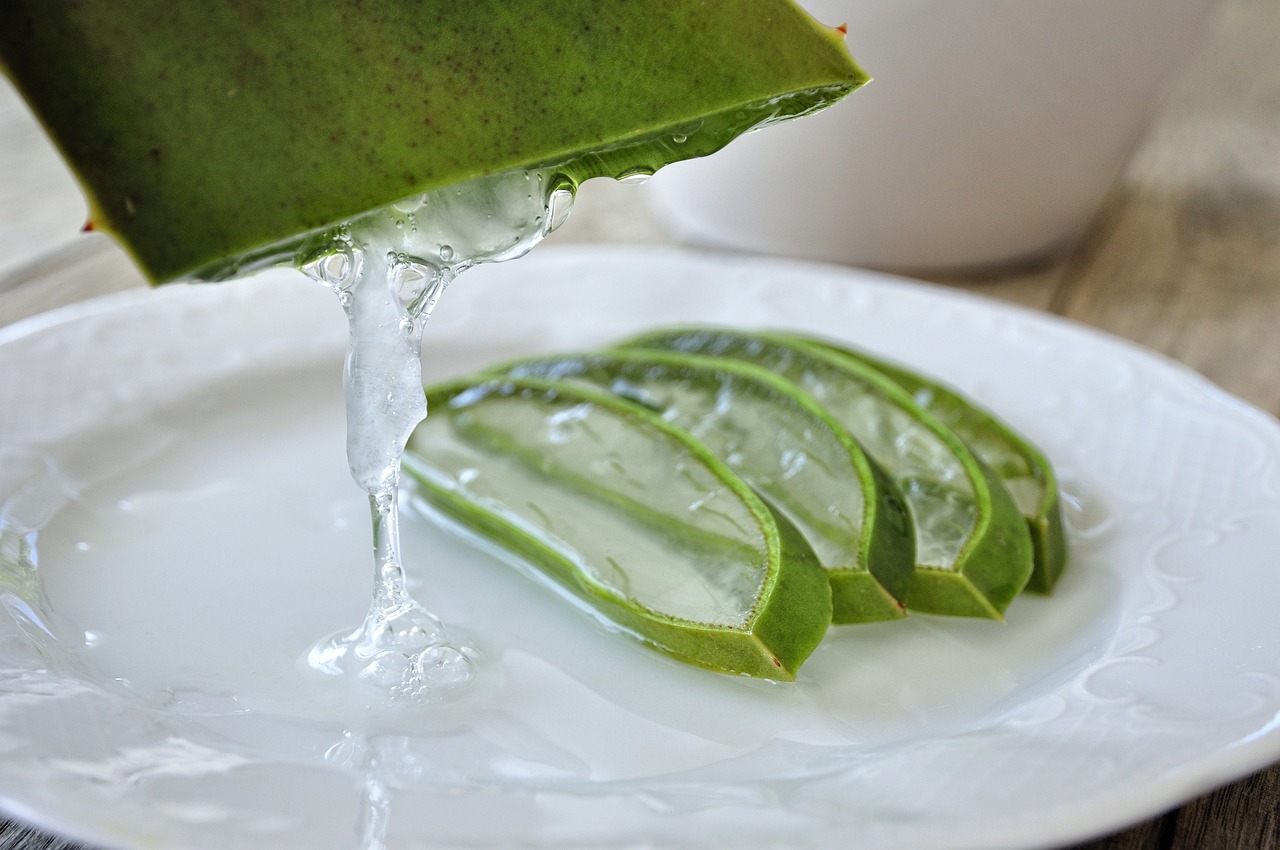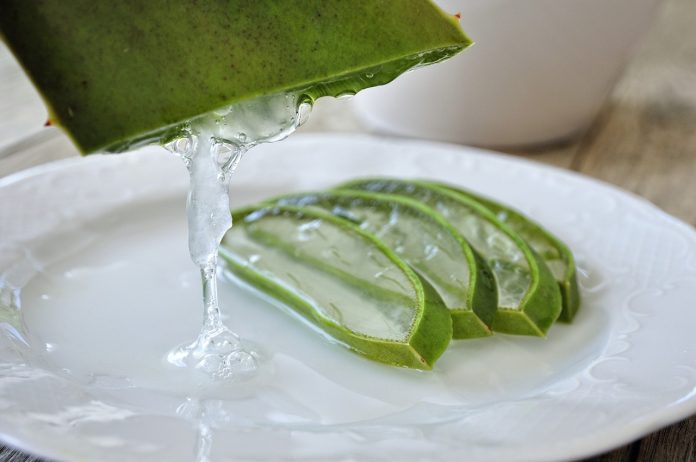Aloe vera has been celebrated for centuries for its healing properties, and modern science continues to uncover its incredible health benefits. From skincare to digestion and even blood sugar control, this powerful plant offers numerous advantages.
But is aloe vera really as effective as people claim? Let’s explore eight science-backed health benefits of aloe vera.
- Aloe Vera May Help Regulate Blood Sugar
Managing blood sugar is crucial for people with diabetes and prediabetes. While diet, exercise, and medication remain the best approaches, aloe vera may also help.
A meta-analysis of eight studies involving 470 participants found that aloe vera supplements significantly improved blood sugar levels in people with prediabetes and type 2 diabetes.
Researchers believe this is due to aloe vera’s ability to reduce glucose absorption in the digestive tract and lower glucose production. However, more research is needed to confirm its effectiveness.
- Aloe Vera Mouthwash Can Boost Oral Health
Surprisingly, aloe vera can be a great addition to your dental care routine. Studies suggest that aloe vera mouthwash can reduce plaque and gum inflammation just as effectively as chlorhexidine, a commonly used antiseptic.
In a study of 345 participants, those who used an aloe-based mouthwash for 30 days saw a significant reduction in gum bleeding and plaque buildup. This makes aloe vera a natural and effective alternative to chemical mouthwashes.
- Aloe Vera Hydrates and Nourishes the Skin
Aloe vera is a staple in skincare products, and for good reason. It acts as a natural moisturizer, keeping skin hydrated and youthful.
Dry skin can lead to premature wrinkles, but applying aloe vera helps lock in moisture, reducing the signs of aging. Many beauty products contain aloe vera to promote healthy, glowing skin.
- Aloe Vera Soothes Sunburn and Skin Irritation
One of the most well-known benefits of aloe vera is its ability to relieve sunburn pain and inflammation. It has cooling, anti-inflammatory properties that provide instant relief for burned or irritated skin.
A review of 23 studies found that aloe vera helps speed up the healing process of burns and reduces redness. While more research is needed specifically on sunburn, many dermatologists recommend it as a safe, natural remedy for mild burns.
- Aloe Vera May Help Fight Acne
If you struggle with acne, aloe vera might be a useful addition to your skincare routine. Thanks to its antibacterial and anti-inflammatory properties, it can help reduce redness and irritation caused by acne.
A study on aloe vera face masks found that they significantly improved acne symptoms, especially when used with ultrasound therapy for better absorption. However, it’s important to avoid applying aloe vera to open blemishes, as it could cause irritation.
- Aloe Vera Can Relieve Symptoms of Psoriasis and Eczema

Aloe vera is known for its ability to soothe various skin conditions, including psoriasis and eczema. The National Psoriasis Foundation suggests that creams containing 0.5% aloe vera can reduce redness and scaling when applied regularly.
Its antibacterial and moisturizing properties may also help prevent eczema flare-ups. While it shouldn’t replace prescription treatments, aloe vera can be a useful complementary therapy.
- Aloe Vera Latex May Help Relieve Constipation
Aloe vera contains anthraquinones, compounds that act as natural laxatives by increasing water content in the intestines. Some studies suggest that aloe vera supplements may help with constipation and irritable bowel syndrome (IBS).
However, the FDA has banned over-the-counter laxatives containing aloe due to potential safety concerns. Overuse can lead to abdominal cramps, diarrhea, and kidney damage. Always consult a doctor before using aloe latex for digestive issues.
- Aloe Vera May Help Lower Blood Pressure
High blood pressure is a serious health concern, but some studies suggest aloe vera could offer some benefits.
In one study, 90 men with diabetes who took aloe vera gel powder for six months experienced a significant drop in blood pressure compared to those who did not. While these findings are promising, more research is needed before aloe vera can be recommended as a treatment for hypertension.
Final Thoughts
Aloe vera has been used for centuries to treat various health issues, and modern research supports many of its benefits. Whether applied to the skin or taken as a supplement, it may help with everything from acne and sunburn relief to blood sugar control and digestion. However, it’s important to consult with a healthcare provider before using aloe vera as a treatment for medical conditions.



